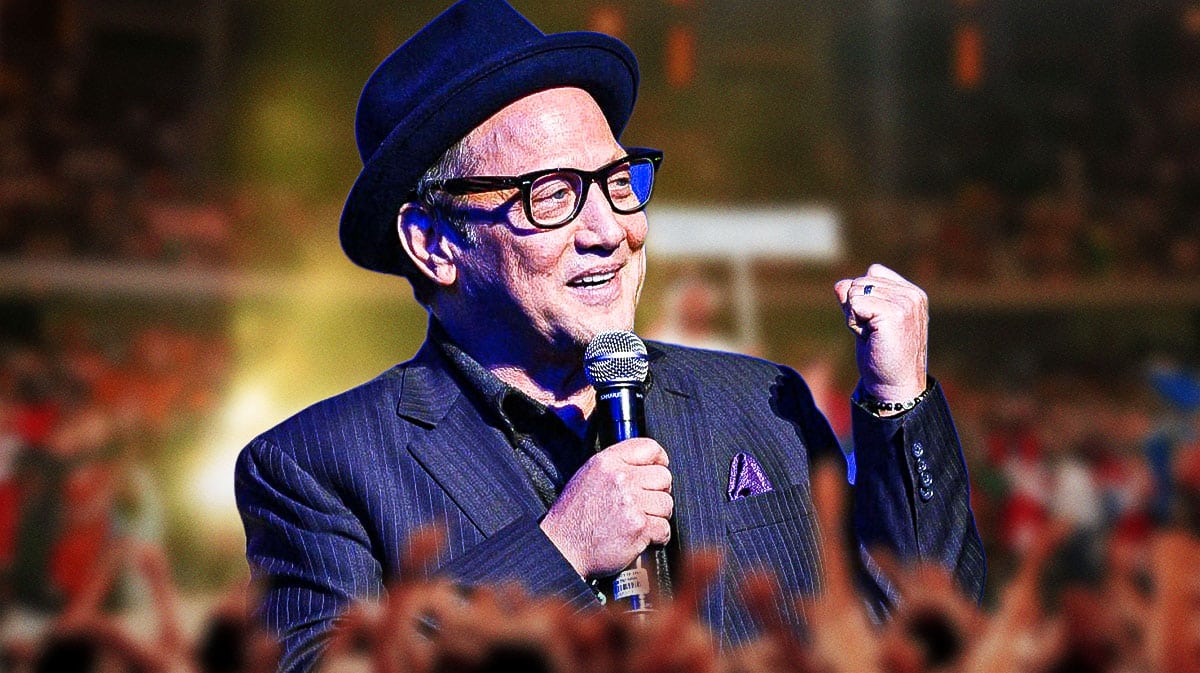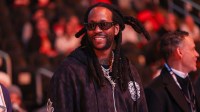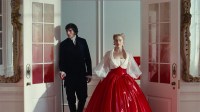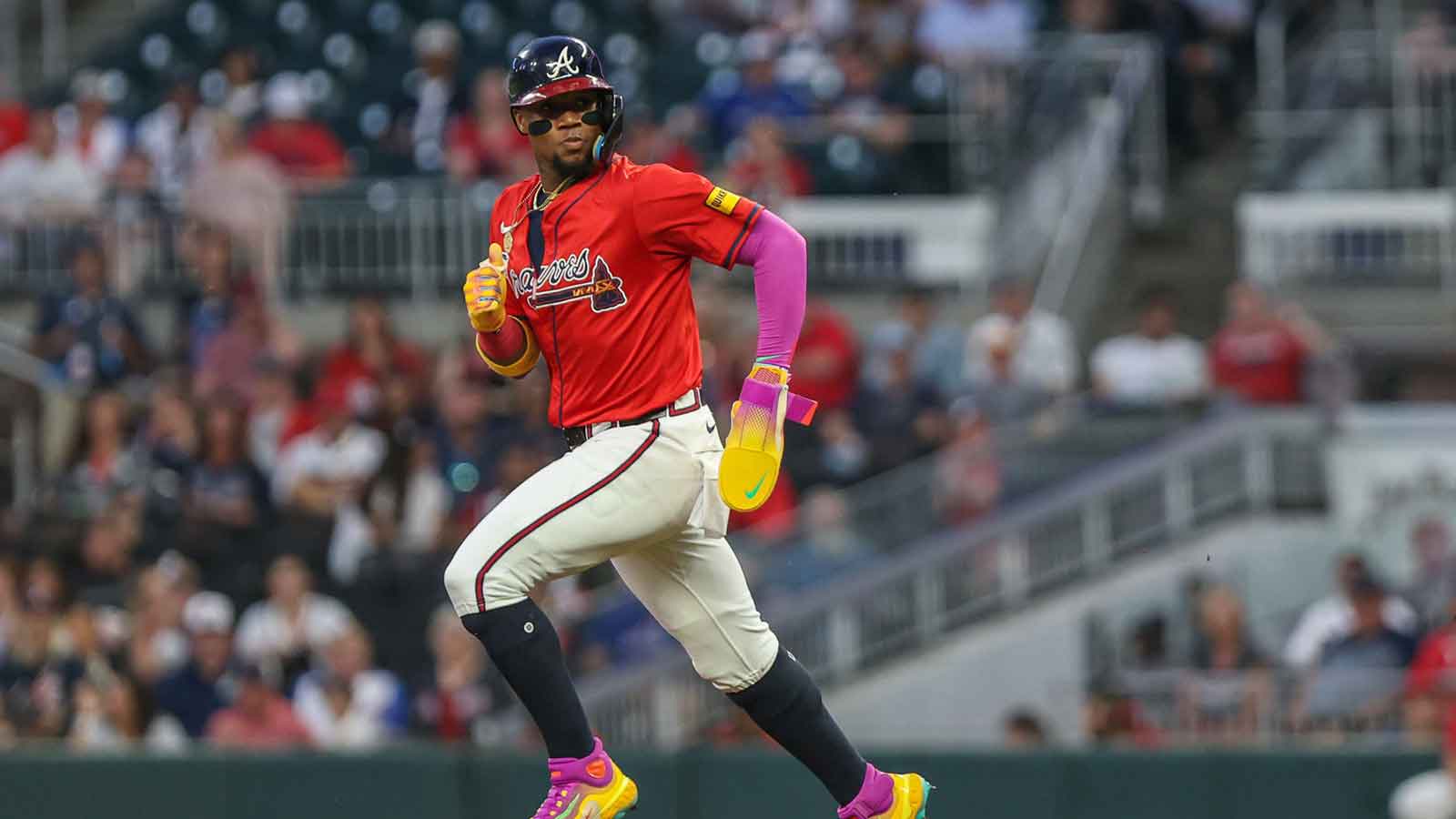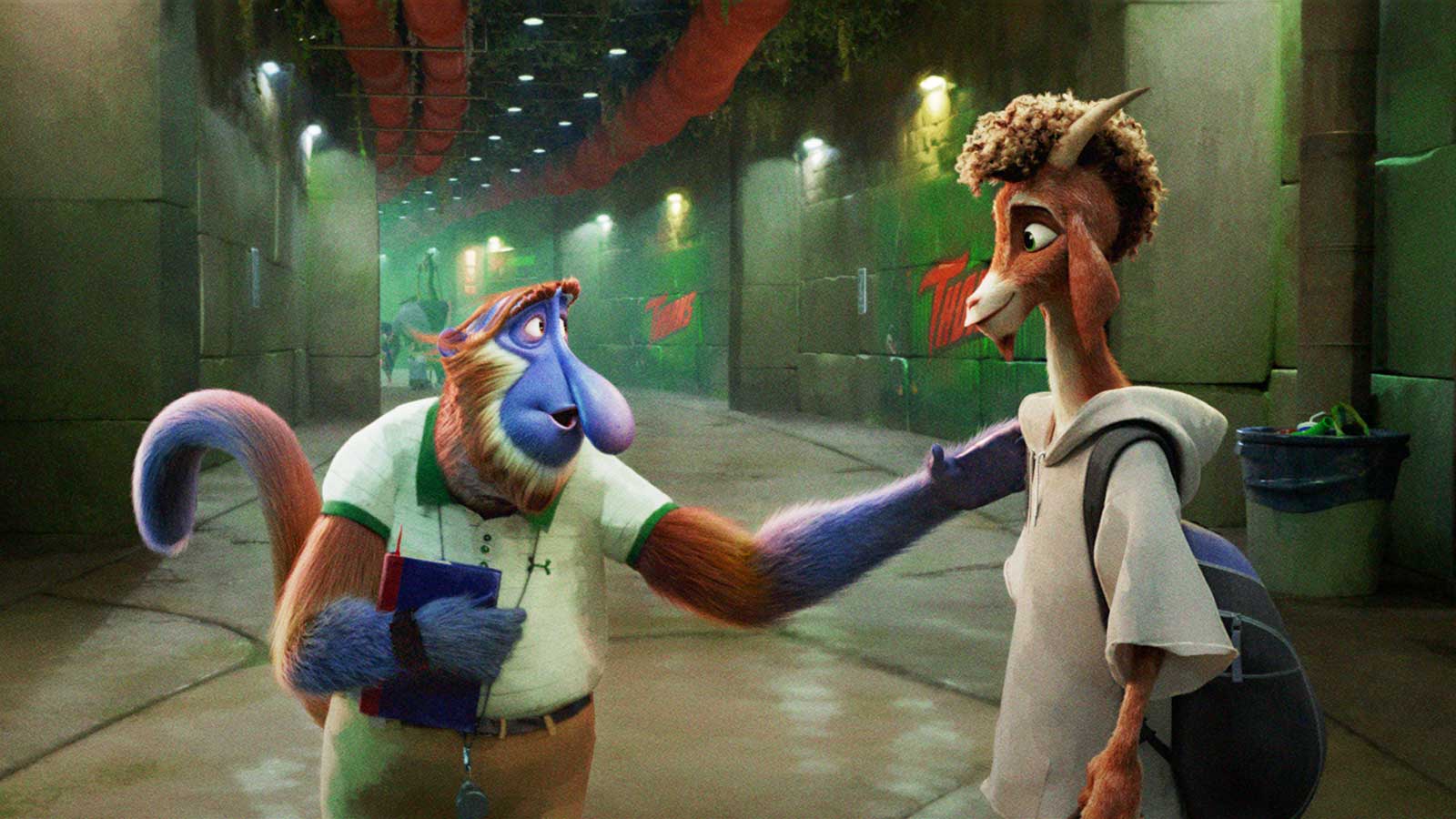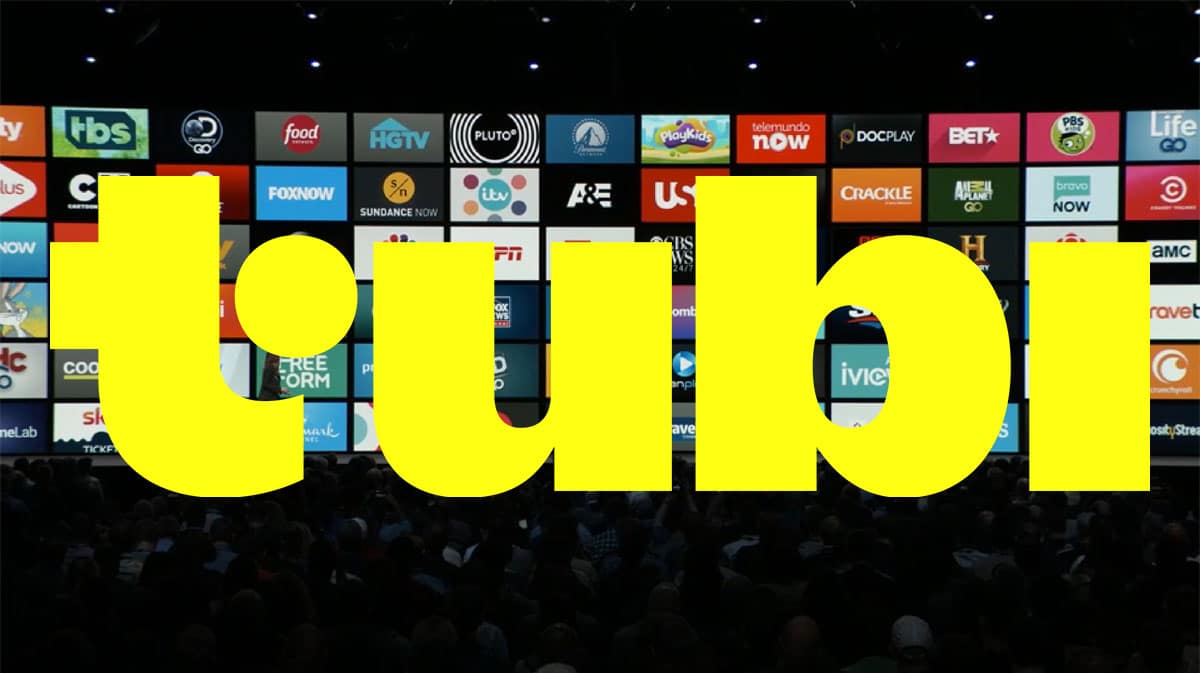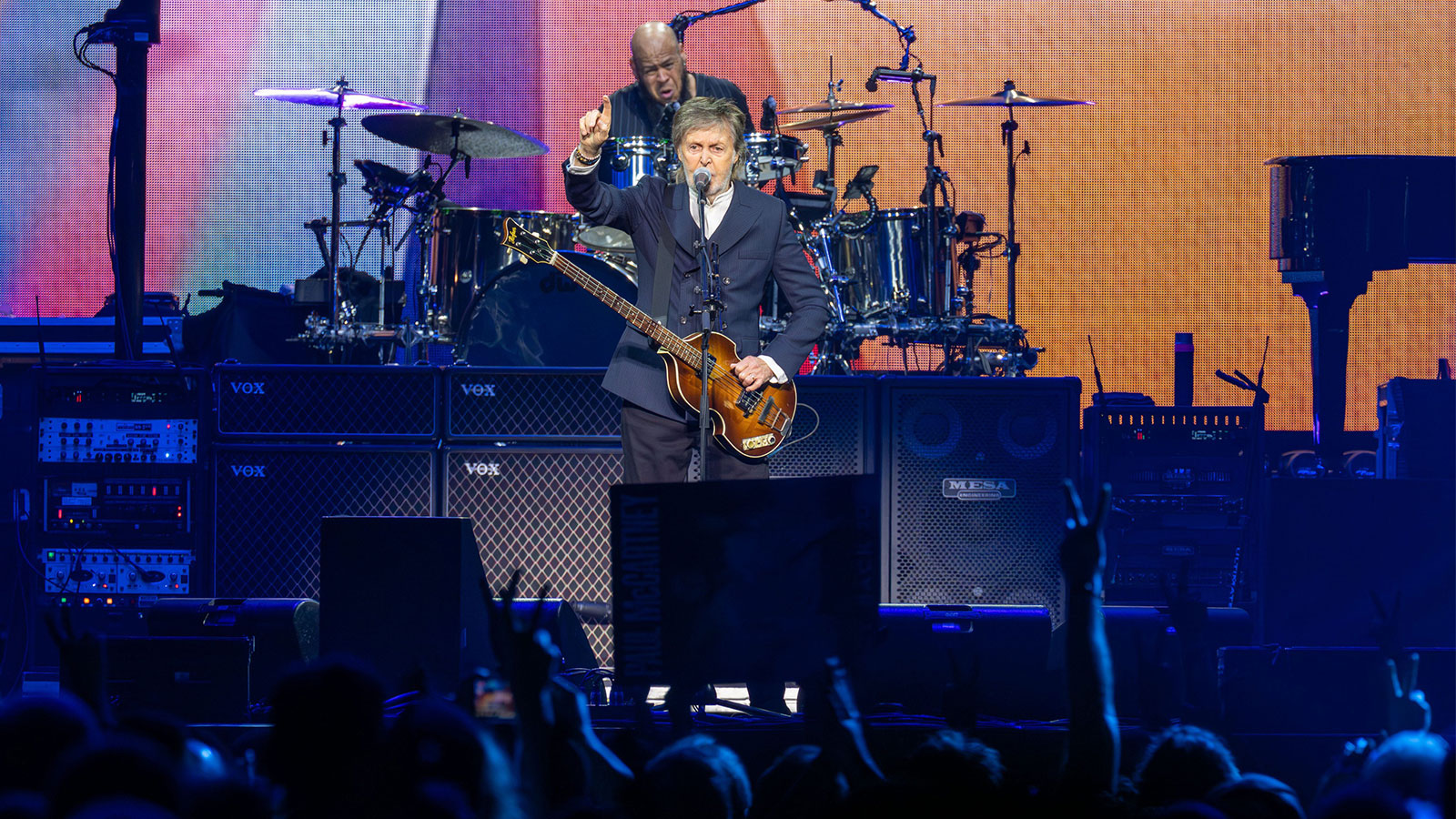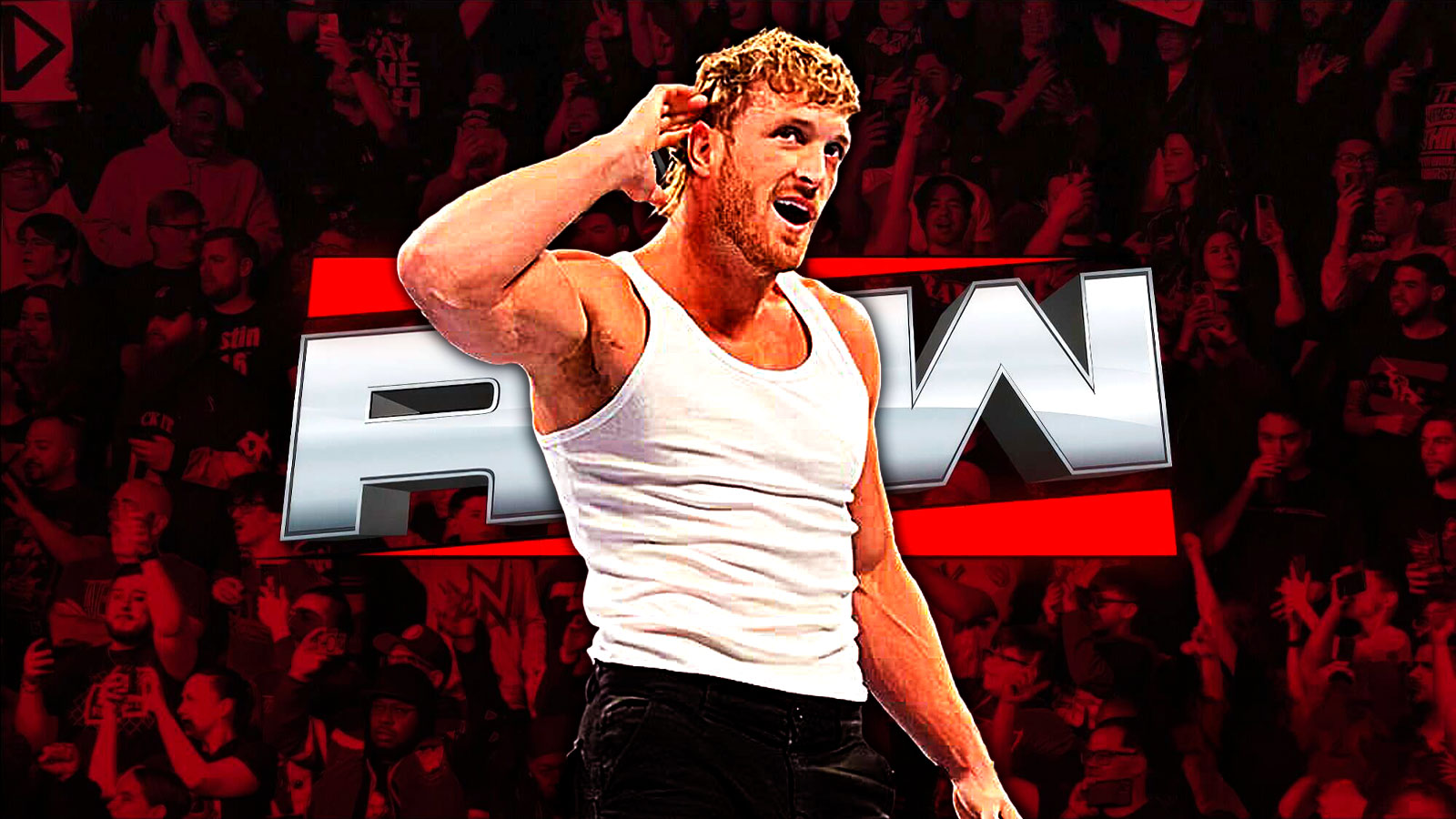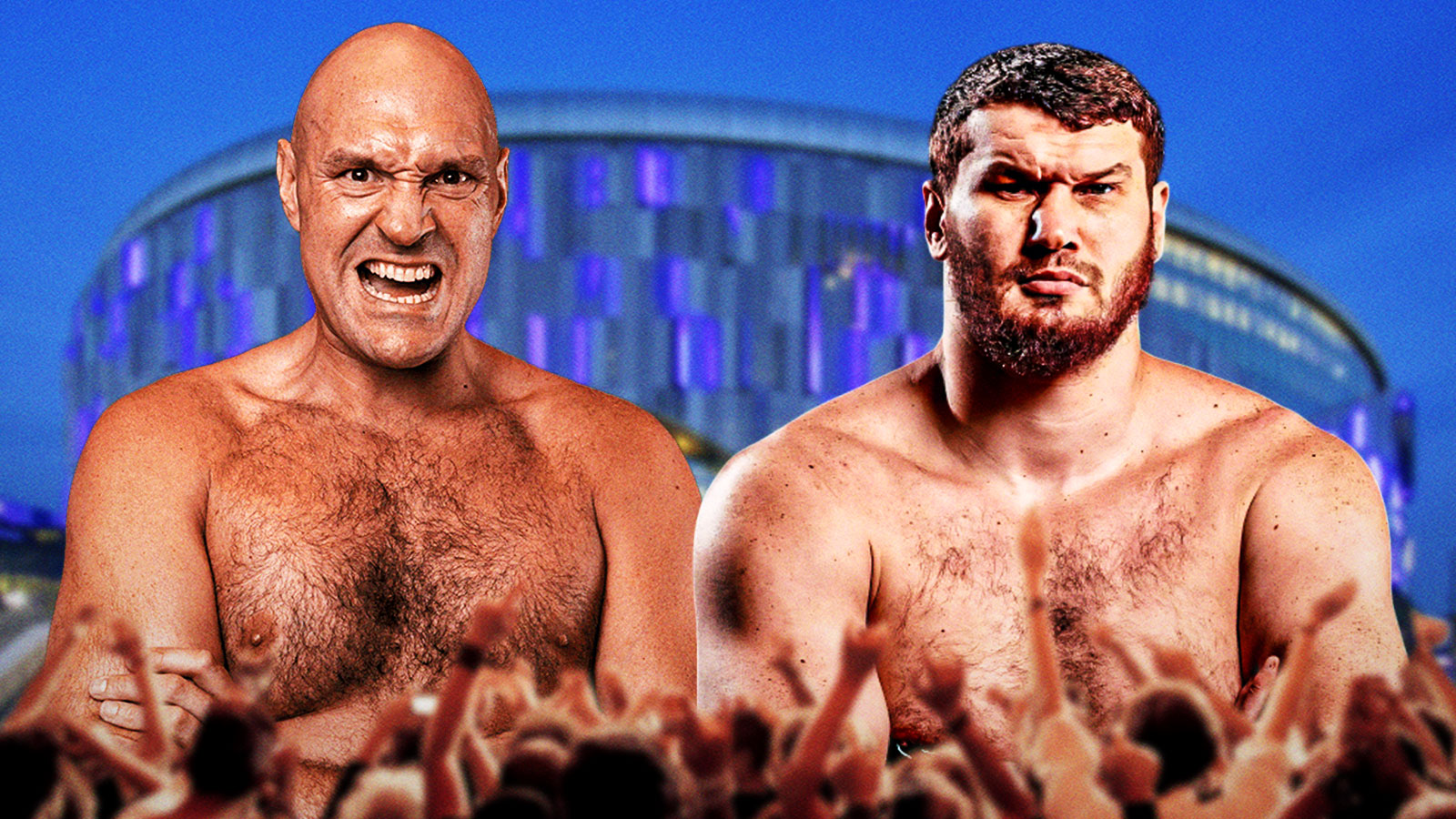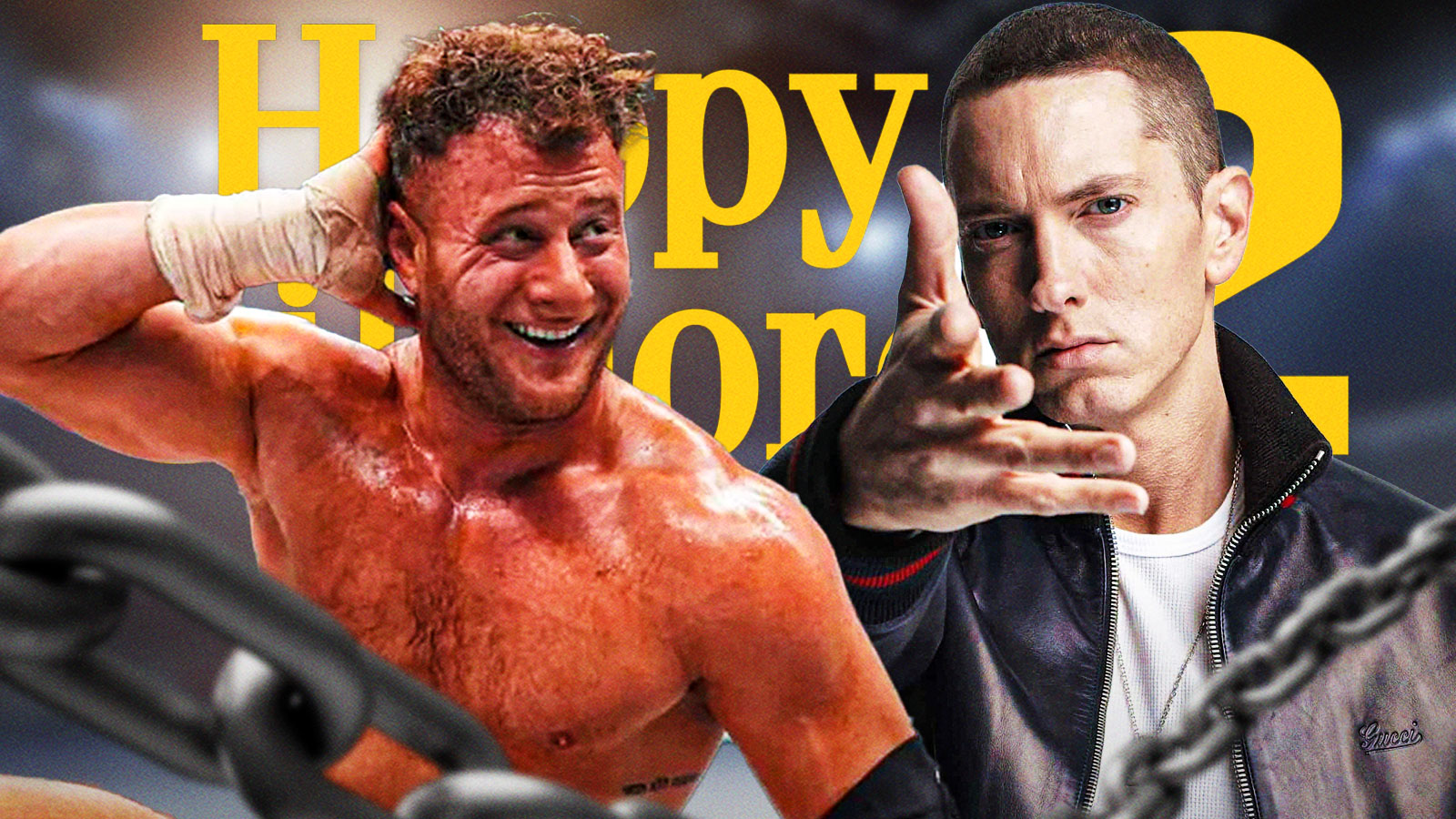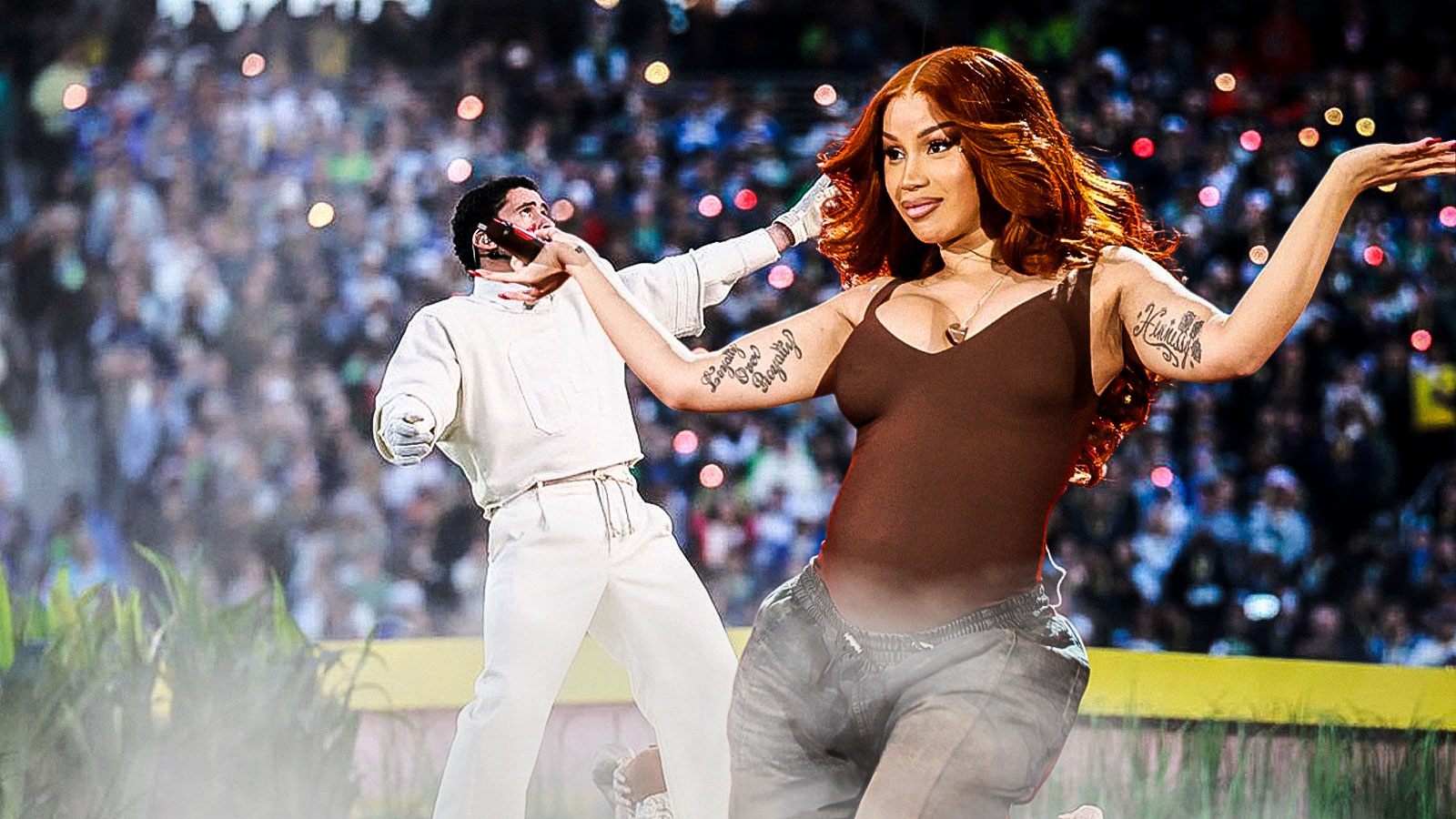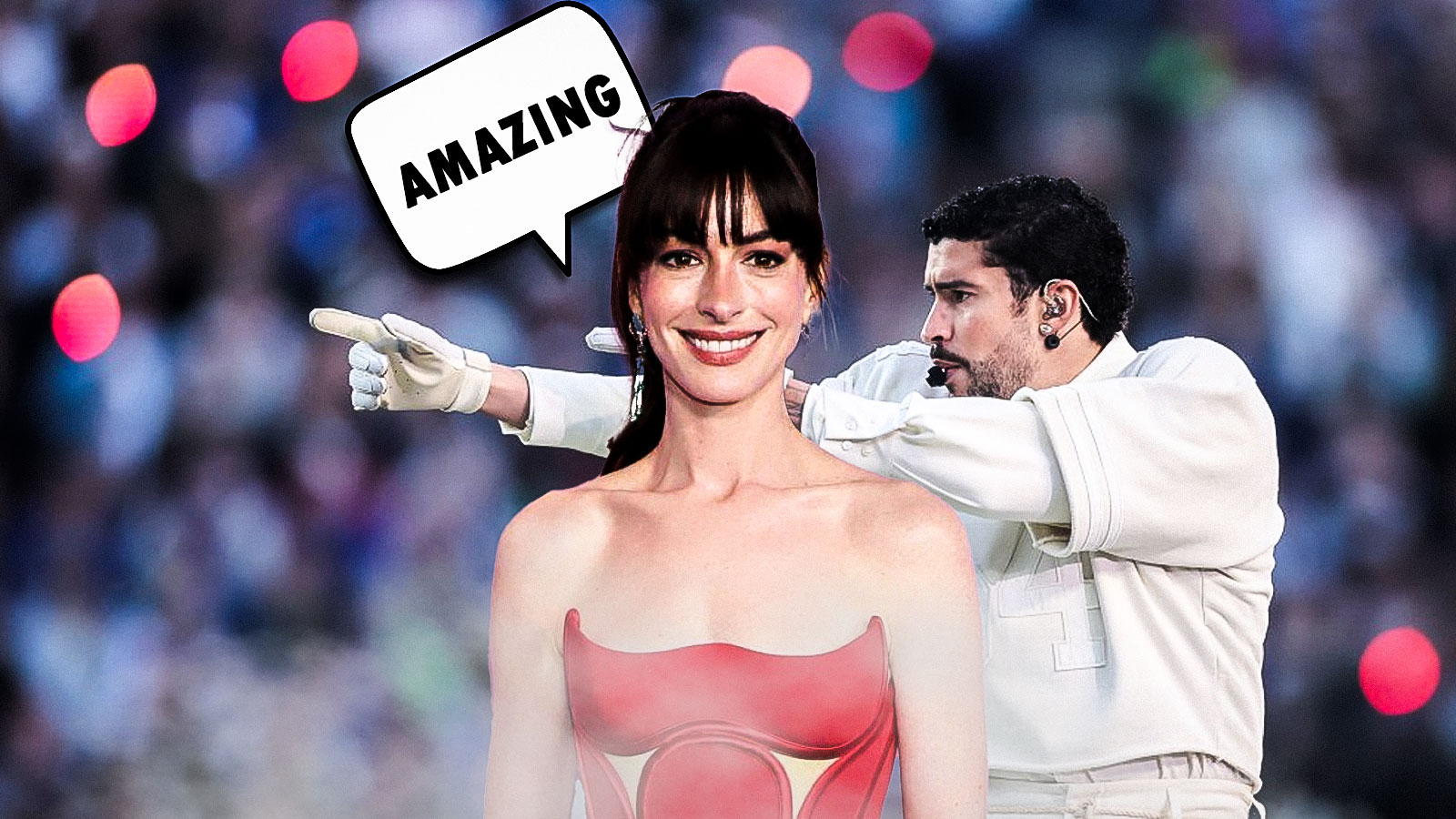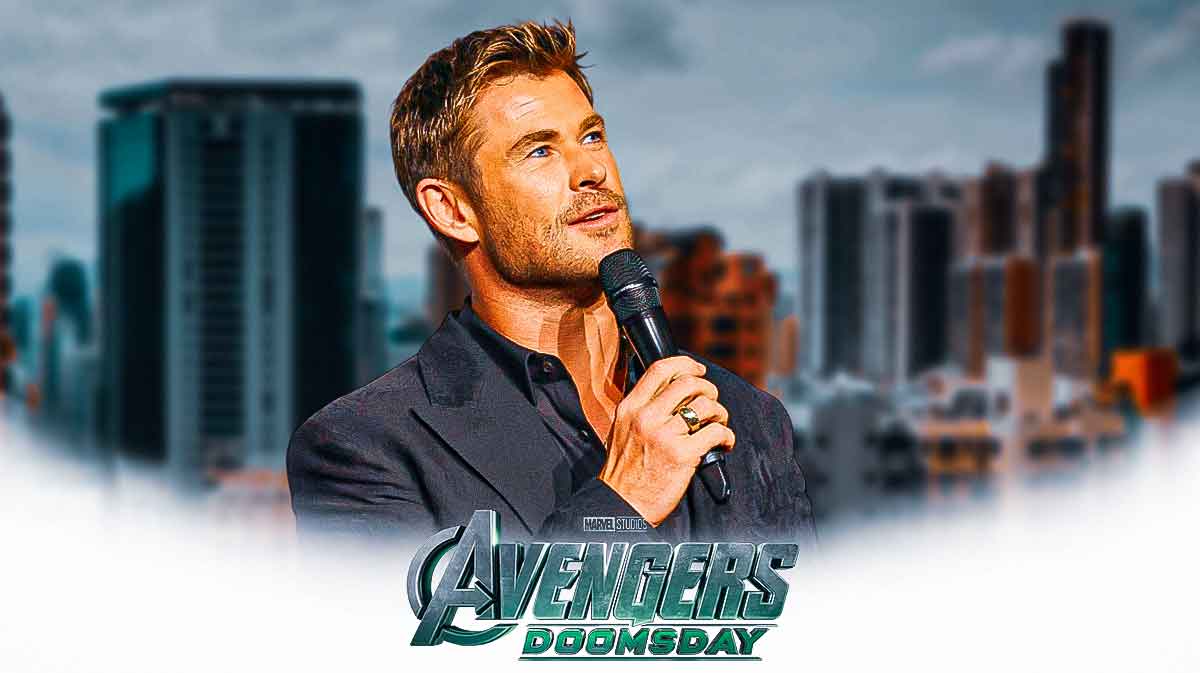Actor and comedian Rob Schneider has stirred controversy with his outspoken criticism of the 2024 Paris Olympics opening ceremony, per Newsweek. Schneider's comments have sparked a backlash, with critics accusing him of hypocrisy due to his past roles and public appearances.
Schneider’s Criticism and Public Backlash
On July 26, the Paris Olympics opening ceremony featured a segment that drew significant attention, including from Schneider, who took to social media to express his disapproval. The ceremony included performances that some viewers, including Schneider, found offensive, particularly for their perceived disrespect towards Christianity.
In a series of posts on X (formerly Twitter), Schneider denounced the ceremony, stating, “I cannot watch an Olympics that disrespects Christianity and openly celebrates Satan.” He further criticized the event's visual elements, describing them as “Guys with their genitalia hanging out in front of children?! Drag Queens?!”
Schneider’s remarks did not go unnoticed, and the reaction from the public was swift and harsh. Critics on social media were quick to point out what they saw as contradictions in Schneider’s stance, highlighting his history of portraying unconventional characters.
Allegations of Hypocrisy
Following Schneider's outspoken criticism, many pointed to his own career as evidence of hypocrisy. Rob Schneider has appeared in drag for various roles and made comedic films that tackle themes some might consider controversial. Notably, in the 2000 comedy Little Nicky, Schneider played a character involved in comedic scenarios related to Satan. His history includes late-night TV appearances where he dressed in drag, a fact that some critics believe undermines his current position.
Online reactions included screenshots and clips from Schneider’s past work, where he dressed as a woman for comedic effect, and comparisons were drawn to other actors with similar experiences. For instance, content creator Mike Dro highlighted Schneider’s past performances in drag and his role in Little Nicky, questioning how these roles align with his current criticisms.
In response to the backlash, Rob Schneider has remained firm in his criticism, but the comparison of his past work with his current statements has fueled a debate about consistency and the nature of public commentary on cultural events.
As the debate continues, Schneider’s remarks have ignited broader discussions about the intersection of personal beliefs, public personas, and the evolving nature of cultural events.

